
Generating breakthroughs in the partnership with a dominant CEO
Author: Nguyen Minh Cuong, Senior Associate, Mekong Capital
August 05, 2023
———
Six months ago, I vividly remembered my excitement and enthusiasm after officially joining the deal team for a company in our MEF IV. Our mission was to partner with the company in creating a healthy world using breakthrough biotechnology. I thought to myself, “Wow, this is exactly what I want in my life – to impact millions of lives!” The hype continued when my deal leader introduced me to the founders via email and I received an instant reply. They welcomed me to the company and suggested we celebrate. It all seemed too good to be true. And, in fact, it was too good to be true!
The first time I walked into a room at the company’s office, the CEO pointed his finger at me and said that Mekong Capital’s approach would not work for this company. “What the heck?” I thought. I was new to both Mekong and the company, and I expected a warm welcome and an exciting partnership. Instead, I heard that the previous Coaching Program which Mekong encouraged investee companies to take was a waste of time, and that Mekong couldn’t provide a suitable management framework for his company. As he continued his rant, I sat there, terrified and unable to utter a word. Being confronted on the first day at the company was overwhelming. All I wanted was to establish a trusted partnership with him, but I had no idea how to proceed from here. At that moment, I mostly just wanted to run!

The CEO was dominant and aggressive, often shouting during meetings. There was already a combative history between Mekong and the company, which made it even more challenging for me to approach him. As conflicts piled up, I felt increasingly disempowered and disappointed. This led me to wonder if the CEO had been right and whether partnering with the company was even possible, given my inability to communicate with the CEO. I wondered whether Mekong Capital’s approach was even suitable for the company. The situation began to feel like a downward spiral, and at one point I even considered leaving the company’s deal team. After all, what was the point of staying if I couldn’t add value to the company?
During my lowest point, I reflected on why I joined the deal team in the first place. I am committed to the company’s worthwhile mission and the excitement and enthusiasm still remain within me. I thought, “I cannot give up like this! We bring transformation to the world and that’s why I’m here.” This commitment prompted me to reconsider the situation with the CEO and to try to understand what was missing. I realized that no one was truly listening to him when he spoke. Nobody was recreating* what he said to show that they fully understood his message. This lack of understanding caused him to constantly yell to make sure everyone heard him.

Cuong (on the left) in a meeting with Deal Team
—
After that moment, I decided not to be a victim of the situation and to do whatever it takes to improve my relationship with the CEO. I approached him with more patience, honesty, and openness. I made sure to give him the time he needed to process his thoughts and feelings, while also recreating what he said to ensure that he felt heard and acknowledged. I found every opportunity to actively listen to him each time we talked—even picking up the phone at nights or on weekends. You name it.
This process was not easy at all, and it took a lot of persistence on my end. Lots of the time, part of me wanted to walk out of the room when situation became tense, but part of me was determined that this relationship must work. On one occasion, the CEO had an explosive argument with my deal leader. It was so tense that both had to stop the conversation immediately before it became a real mess. “This is hopeless!”, I thought. But I remained committed to push forward. I called the CEO, being a committed listener for him, recreating his sharing in a way that was respectful and considerate of his feelings and perspectives. After a long pause, he said “Thank you!”. At that very moment, I felt a massive relief from the CEO. It seemed like, finally, somebody fully got him what he really felt.
Over the course of four long months, I began to see progress in our relationship. Magically, the CEO started to open up to me more, sharing his own thoughts and feelings, and asking questions about my experiences. I thought to myself, “Wow, this is awesome! I’m hopeful about our relationship”. Our open and honest dialogues continued over many weekends, until this day. We gradually become trusted partners, empowering each other for successes. Our partnership significantly improved the speed and productivity of our coordination, leading to faster and better results.
This is truly a significant breakthrough for both of us, Mekong, and the company!

Looking back, this experience taught me that establishing trust takes time and effort—lots of time and LOTS of effort. It is not something that can happen overnight. We need to be patient and persistent, even in the face of adversity, even if every fiber of our being doesn’t want to. Let our commitment guide us in what to do.
And most importantly, active listening and recreating the person’s messages are powerful pathways to create breakthroughs in a trusted partnership.
—
* Recreating someone means resaying their messages in your own words with your own understanding to show that you are getting them.
In Ontological approach, there are three levels of getting someone:
- Get what they said
- Get their experience/emotions
- Get their commitment/who they are being
Click below to subscribe to Mekong Capital’s quarterly newsletter.
Mekong Capital makes investments in consumer-driven businesses and adds substantial value to those companies based on its proven framework called Vision Driven Investing. Our investee companies are typically among the fastest-growing companies in Vietnam’s consumer sectors.
In January 2022, Mekong Capital founder Chris Freund published Crab Hotpot, a story about a bunch of crabs who found themselves stuck in a boiling pot. The colorful cover of “Crab Hot Pot,” complete with expressive cartoon crustaceans, looks like a children’s tale at first glance. But as one continues reading, it becomes clear that the work has an important message about organizational transformation, leadership and focusing on a clear vision for the future.
The book is available on Tiki (Hard copy): bit.ly/38baF8a (Vietnamese) and Amazon: amzn.to/3yWunzG (English)

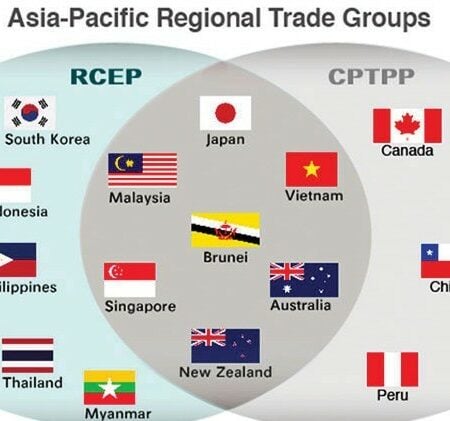
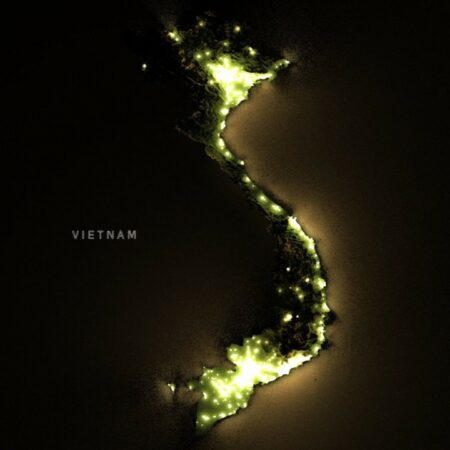
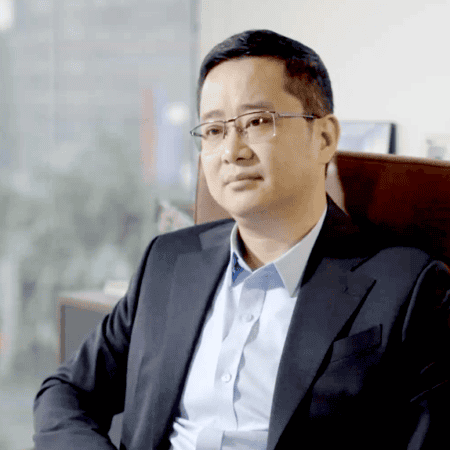
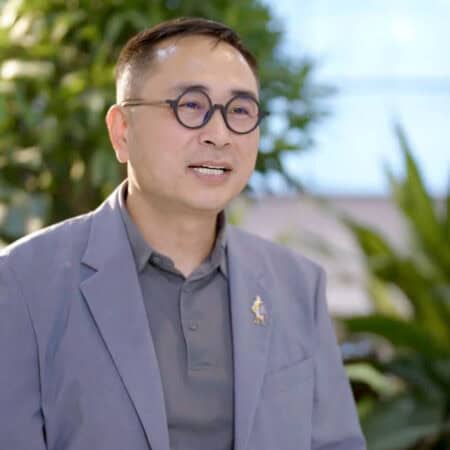
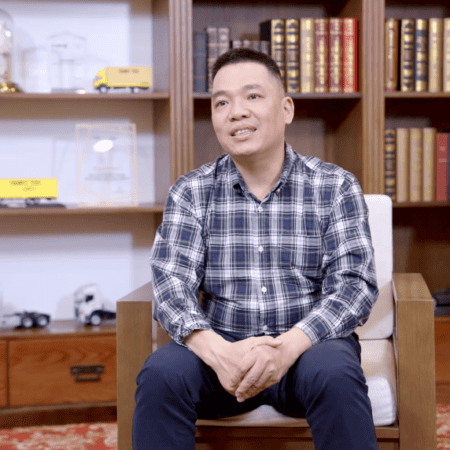
Leave a Reply